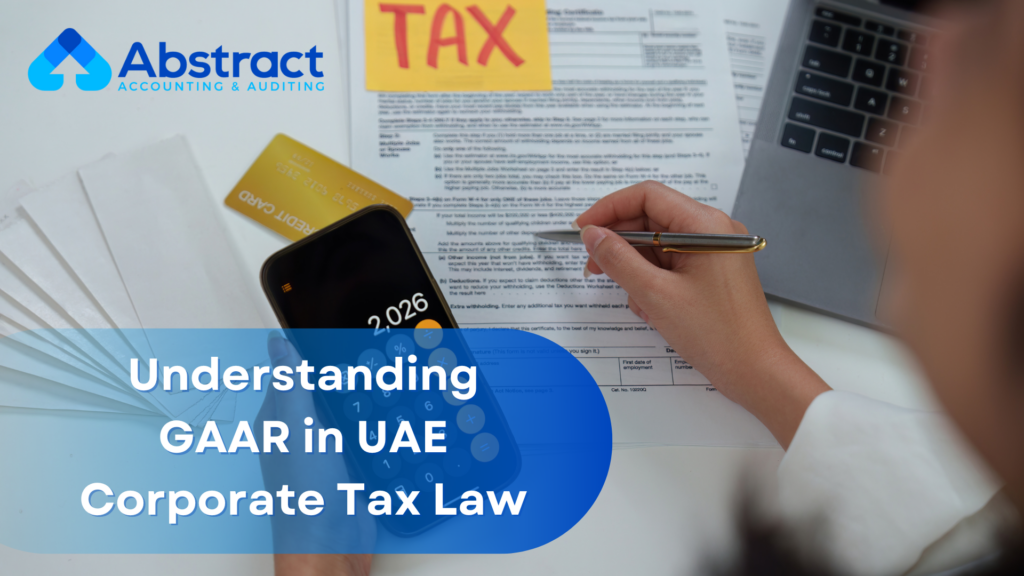Comprehensive Guide to Auditing in the UAE: Regulations, Best Practices & Key Insights
Introduction to Auditing in the UAE
Auditing is a critical process for businesses in the UAE, ensuring compliance with local regulations, financial transparency, and the credibility of financial statements. As the UAE continues to evolve into a global business hub, the demand for robust auditing practices has never been higher. This guide explores the essentials of auditing in the UAE, highlighting the regulatory framework, best practices, and the importance of choosing the right auditing firm.
Understanding the Regulatory Framework
The UAE’s auditing landscape is shaped by a combination of local regulations and international standards. Some key regulatory bodies and frameworks include:
- Ministry of Economy: The Ministry of Economy oversees the auditing profession in the UAE, ensuring that auditing firms and professionals adhere to the necessary legal and ethical standards.
- Federal Law No. 2 of 2015 (Commercial Companies Law): This law mandates that all companies in the UAE, including free zone entities, maintain proper financial records and undergo an annual audit.
- International Financial Reporting Standards (IFRS): Auditors in the UAE are required to conduct audits in accordance with IFRS, ensuring consistency and transparency in financial reporting.
- UAE Central Bank Regulations: Financial institutions are subject to additional auditing requirements and regulations, as stipulated by the UAE Central Bank.
Types of Audits in the UAE
Audits in the UAE can be broadly classified into the following categories:
- Statutory Audit: Mandatory for all registered companies in the UAE, this audit ensures compliance with the law and verifies the accuracy of financial statements.
- Internal Audit: This is an independent assessment of a company’s internal controls, risk management, and governance processes. It helps identify areas for improvement and ensures operational efficiency.
- External Audit: Conducted by an independent third-party auditor, this audit provides an unbiased evaluation of a company’s financial records, ensuring transparency for stakeholders.
- Forensic Audit: This is a specialized audit conducted to investigate financial discrepancies, fraud, or legal violations within a company.
- Tax Audit: With the introduction of VAT in the UAE, tax audits have become increasingly important. These audits ensure that companies are compliant with VAT regulations and other tax obligations.
Best Practices for Auditing in the UAE
To ensure the effectiveness and efficiency of the auditing process, companies in the UAE should adhere to the following best practices:
- Select the Right Auditing Firm: Choose an auditing firm with a strong reputation, relevant experience, and a deep understanding of UAE regulations. Ensure that the firm is registered and licensed by the UAE Ministry of Economy.
- Maintain Accurate and Up-to-Date Records: Ensure that all financial records are accurate, well-organized, and up-to-date. This includes maintaining proper documentation for all transactions and financial activities.
- Understand Regulatory Requirements: Stay informed about the latest regulatory changes and ensure that your company complies with all applicable laws and standards.
- Engage in Regular Internal Audits: Conduct regular internal audits to identify potential issues early and make necessary adjustments before the statutory audit.
- Ensure Transparency and Communication: Maintain open communication with your auditing firm and provide them with all necessary information. Transparency is key to a successful audit.
Challenges in Auditing in the UAE
Despite the robust regulatory framework, businesses in the UAE may face several challenges during the auditing process:
- Regulatory Changes: The UAE’s regulatory landscape is dynamic, with frequent updates to laws and standards. Staying updated with these changes can be challenging for businesses.
- Cultural and Language Barriers: For multinational companies, understanding and navigating cultural and language differences can pose challenges during audits.
- Complex Business Structures: Companies with complex structures, such as those operating in multiple free zones or with international subsidiaries, may face difficulties in consolidating financial records and ensuring compliance across jurisdictions.
- Technology Integration: As businesses increasingly adopt digital solutions, integrating these technologies into the auditing process can be complex, requiring specialized knowledge and tools.
The Importance of Auditing for Businesses in the UAE
Auditing plays a crucial role in maintaining the integrity of a company’s financial operations. It not only ensures compliance with local regulations but also enhances stakeholder confidence, helps in identifying potential risks, and provides insights for better decision-making.
Moreover, with the UAE’s strategic position as a global business hub, adhering to high auditing standards is essential for companies looking to attract investors, partners, and customers from around the world.
Conclusion
Auditing in the UAE is a vital process that requires careful attention to detail, adherence to regulations, and the selection of a competent auditing firm. By understanding the regulatory framework, following best practices, and staying ahead of challenges, businesses can ensure that their financial operations are transparent, compliant, and trustworthy.
For expert auditing services tailored to your business needs, Abstract Auditing and Accounting Services offers comprehensive solutions that align with the highest standards of quality and integrity in the UAE. Whether you need a statutory audit, internal audit, or specialized forensic audit, our team of experienced professionals is here to support your business every step of the way.

For Registration and more information click here….






